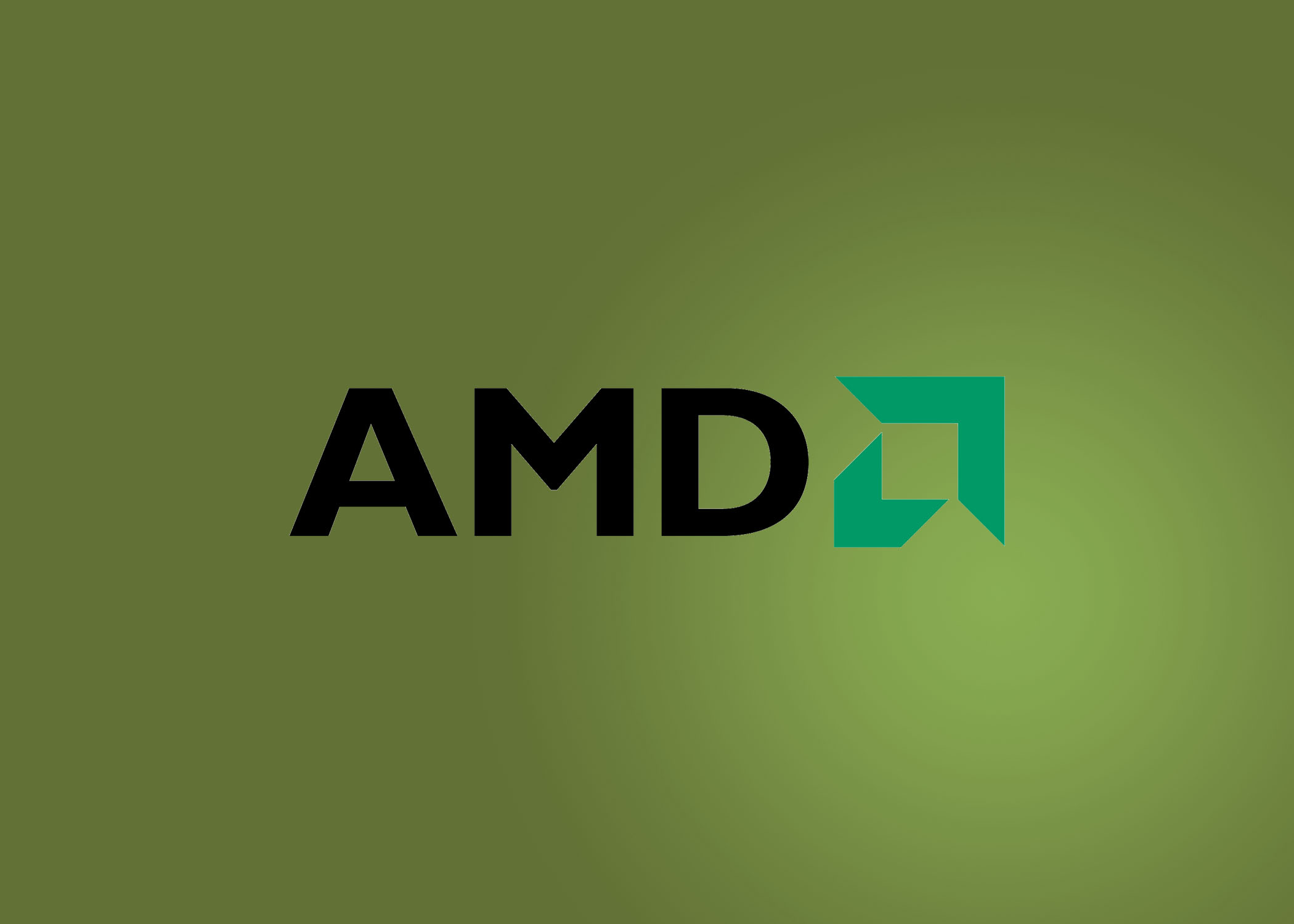AMD has recently announced a recall of its Ryzen 9000 desktop processors and postponed their release by one to two weeks. This decision impacts both review samples sent to tech media and retail stock that was already on its way to distributors and stores. Initially set for a July 31 launch, the release has been pushed back following the discovery of quality issues during final checks of the first production runs.
Quality Issues and Production Recall
AMD, well-regarded for its commitment to product quality, identified that the initial production units did not meet their rigorous standards. To maintain its reputation for high-quality products and to ensure a positive user experience, AMD decided to recall and replace these processors. The company emphasized that this decision was made “out of an abundance of caution.”
Updated Release Schedule
The delay affects various models differently. The Ryzen 5 9600X and Ryzen 7 9700X are now scheduled to be available on August 8, while the higher-end Ryzen 9 9900X and 9950X will follow on August 15. This staggered release plan allows AMD to manage the replacement process efficiently while minimizing disruption to the market.
Official Statement from AMD
Jack Huynh, Senior Vice President and General Manager of Computing and Graphics at AMD, provided a statement to media outlets, including Tweakers, to reassure customers about the company’s dedication to quality:
“We appreciate the excitement around Ryzen 9000 series processors. During final checks, we found the initial production units that were shipped to our channel partners did not meet our full quality expectations. Out of an abundance of caution and to maintain the highest quality experiences for every Ryzen user, we are working with our channel partners to replace the initial production units with fresh units.
As a result, there will be a short delay in retail availability. The Ryzen 7 9700X and Ryzen 5 9600X processors will now go on sale on August 8th and the Ryzen 9 9950X and Ryzen 9 9900X processors will go on sale on August 15th.
We pride ourselves in providing a high-quality experience for every Ryzen user, and we look forward to our fans having a great experience with the new Ryzen 9000 series.”
Community Reactions and Speculations
The announcement has generated various reactions and speculations within the tech community. On platforms like Tweakers, users discussed the potential reasons behind the recall and delay. Many believe that the issue might not be critical but could involve minor production errors or quality control lapses.
One user questioned the differences between review samples and consumer versions, suggesting that reviewers might receive engineering samples (ES) or “golden samples” that have undergone more stringent quality checks. This led to a broader discussion about how review samples are typically among the first production units and receive extra quality control, which might explain why the issues were discovered.
Possible Reasons for the Delay
Several theories have emerged regarding the nature of the problem. Some users speculate that the issue could be related to minor production faults that are easily fixable within a short period, as indicated by the brief delay. Others suggest that the problems might involve hardware-level issues that cannot be resolved through software updates.
For instance, one user suggested that the problem might have been known for some time and already addressed in subsequent production runs, but the initial batches still needed to be replaced. This theory aligns with the idea that the initial units had minor production defects identified during final quality checks.
Industry Impact and Comparisons to Intel
The recall has also drawn comparisons to Intel’s handling of similar issues in the past. Some users noted that AMD’s proactive approach contrasts with Intel’s response to known defects, which were not immediately disclosed to customers. This highlights AMD’s commitment to transparency and customer satisfaction.
One user emphasized the importance of ensuring hardware quality before release, even if it means delaying the launch. They argued that a delayed release is preferable to launching a product with potential defects, which could harm the company’s reputation in the long run. This sentiment was echoed by others who appreciated AMD’s decision to prioritize quality over meeting the initial launch date.
The Competitive Landscape
The Ryzen 9000 series represents AMD’s continued push to challenge Intel in the high-performance CPU market. With the new Zen 5 cores, these processors are expected to deliver significant performance improvements. The brief delay is unlikely to have a long-term impact on AMD’s market position, especially given its track record of delivering high-quality products.
Conclusion
AMD’s decision to delay the release of its Ryzen 9000 processors reflects a strong commitment to quality and customer satisfaction. While the delay is a temporary setback, it ensures that customers receive the best possible product. The proactive recall and replacement of initial production units demonstrate AMD’s dedication to maintaining high standards in a competitive market. As the new release dates approach, anticipation for the Ryzen 9000 series remains high, with tech enthusiasts eagerly awaiting the performance improvements promised by the new Zen 5 architecture.

